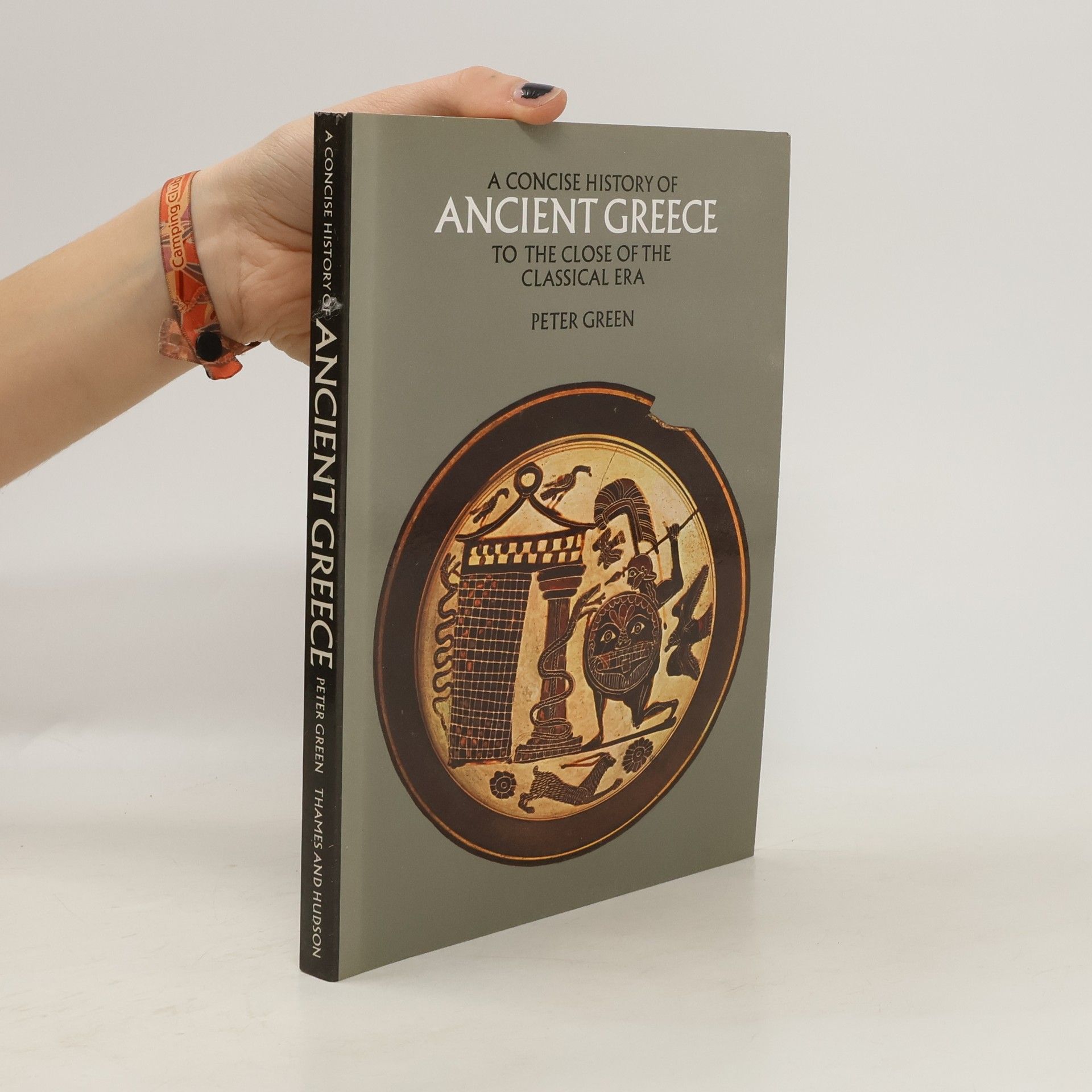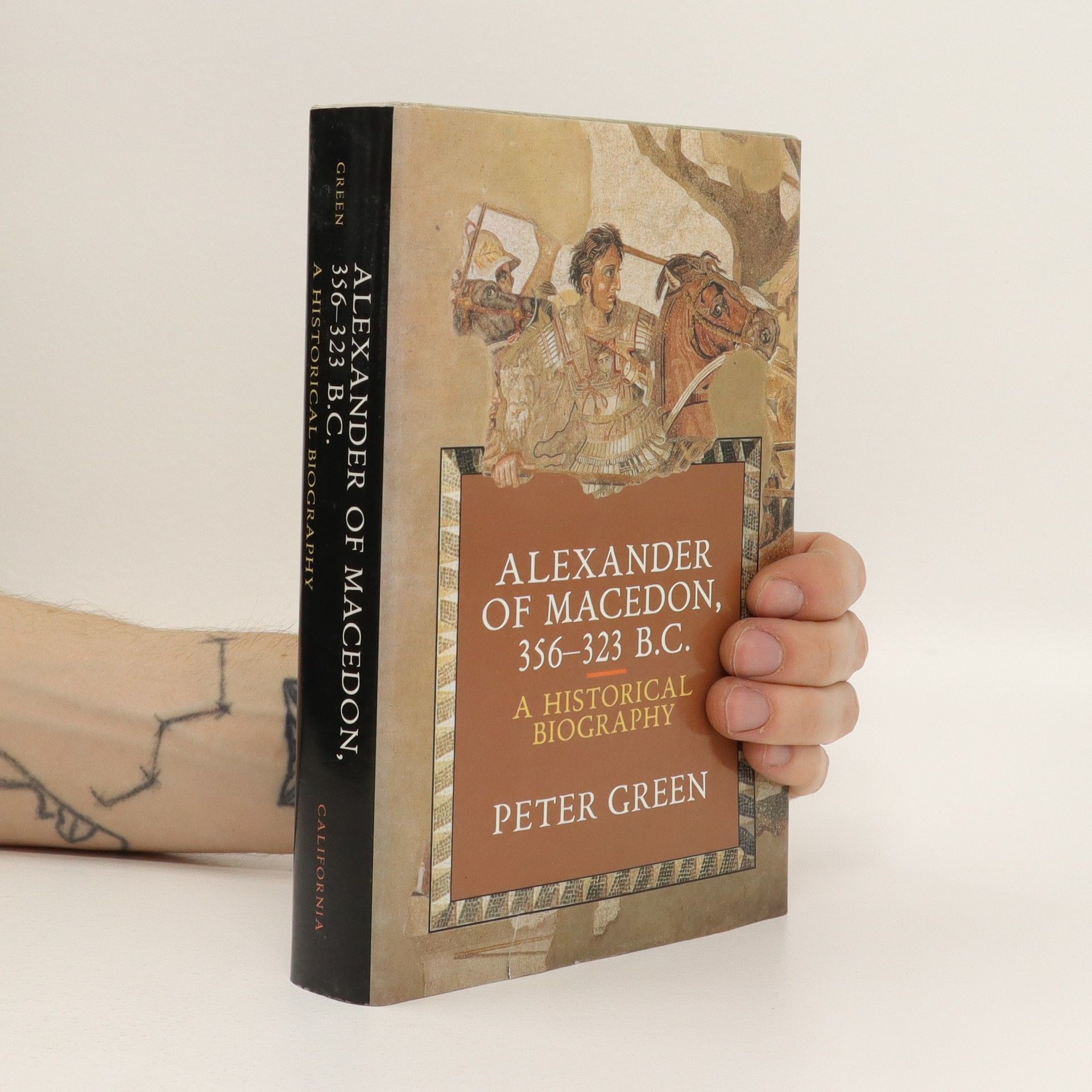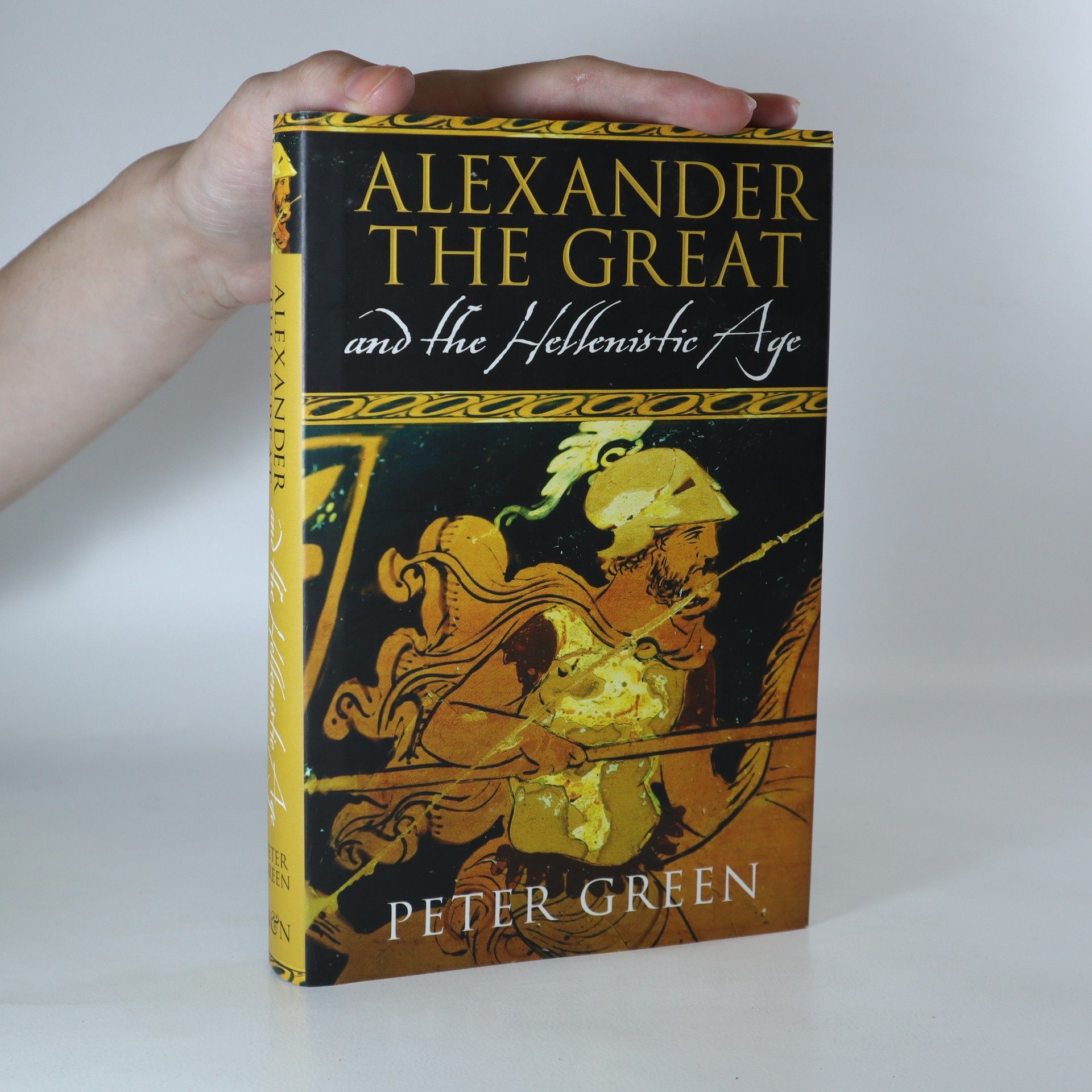Celiac Disease (Updated 4th Edition)
- 384 pages
- 14 hours of reading
"Celiac disease is a hereditary autoimmune condition that damages the lining of the small intestine so that it cannot properly absorb food. Without essential nutrients, the entire body begins to suffer. The disease is triggered by gluten, a protein found in wheat, rye, and barley. The only "cure" for the disease is a life-long gluten-free diet. The disease affects nearly 1 in every 100 people in the United States--50 percent of whom remain undiagnosed and untreated. Although the primary target of injury is the small intestine, CD can and often does affect the entire body. Complications from the disease can include infertility, liver disease, osteoporosis, anemia, and other autoimmune diseases (such as Type 1 diabetes and Thyroid disease), neurological conditions, and even cancer."--Provided by publisher









